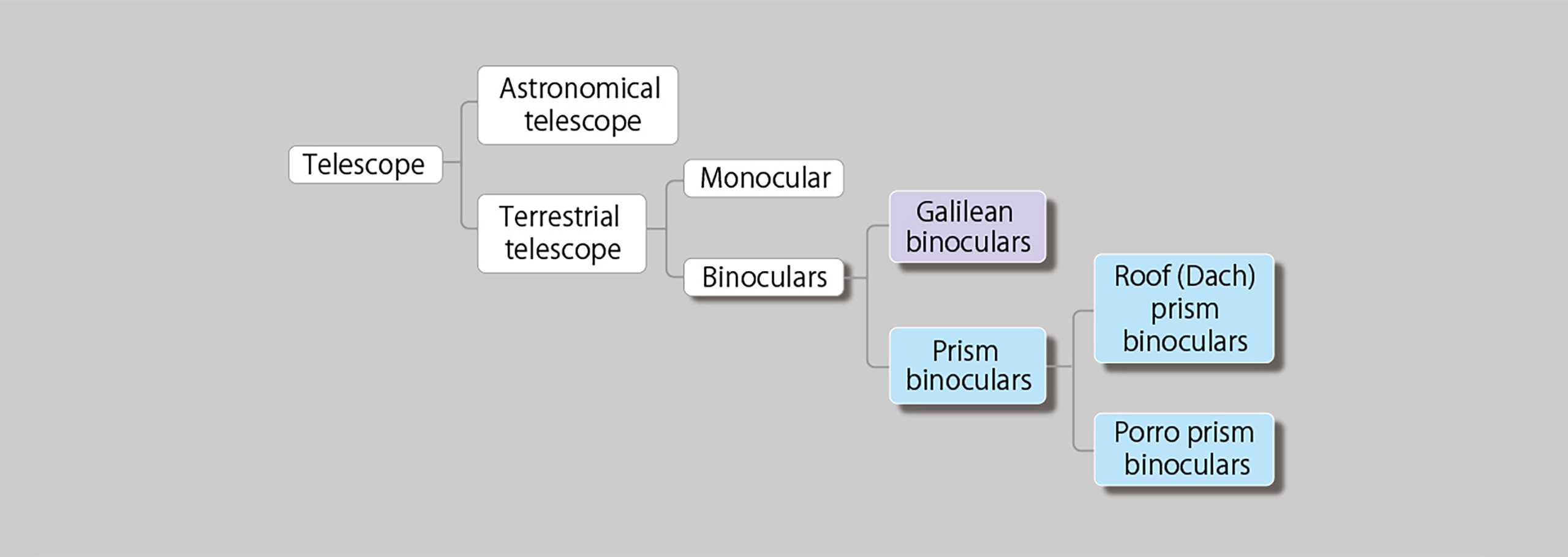A Total Guide to Comprehending Binoculars Magnifying and Clearness
The Relevance of Field Glasses in Education And Learning and Scientific Research Study: Just How These Optical Instruments Contribute to Discovering and Expedition
The combination of field glasses into academic setups and clinical research is often forgotten, yet their contribution to boosting observational skills is significant. In self-controls ranging from ecological science to astronomy, field glasses serve as important tools that advertise query and critical thinking.
Enhancing Observational Abilities
In instructional and research study settings, the usage of binoculars substantially improves empirical skills among pupils and experts alike. These optical tools assist in a much deeper understanding of remote topics, allowing customers to observe details that would certainly or else continue to be unseen. By employing field glasses, learners can examine wild animals, astronomical phenomena, and geological formations, fostering a much more profound link to the topic.
Binoculars act as necessary devices in field research studies, motivating students to engage actively with their environment. Through boosted observation, they can gather information a lot more properly, leading to improved analytical abilities. This hands-on experience enables the development of essential thinking, as pupils must analyze what they see and connect it to academic expertise.

Bridging Concept and Practice
Empirical abilities created via the use of binoculars normally result in an extra profound integration of theoretical expertise with functional application. By participating in direct monitoring, students can transform abstract concepts right into substantial experiences. This harmony cultivates a deeper understanding of scientific principles as students link theoretical frameworks with real-world sensations.
For circumstances, when studying bird biology, students can apply their knowledge of bird anatomy and behavior through the lens of binoculars, observing qualities such as plumage variant, feeding routines, and migratory patterns. This straight involvement not just reinforces theoretical ideas however additionally cultivates critical reasoning and logical abilities.
In addition, using binoculars encourages learners to create theories based upon their observations, thus enhancing their scientific query skills. They can proactively examine these hypotheses in the area, leading to an extra experiential learning environment that promotes inquisitiveness and expedition.
Basically, binoculars serve as an essential device in bridging the gap in between classroom knowing and fieldwork - Binoculars. They encourage trainees to become energetic individuals in their education and learning, motivating a holistic strategy to comprehending the environment and its complexities. Hence, the integration of concept and practice is critical for promoting educated and engaged students
Applications in Environmental Science
Utilizing binoculars in ecological scientific research improves the ability to observe and examine environments with greater accuracy. These optical instruments are necessary for conducting area studies, making it possible for researchers to keep an eye on wild animals populations, examine plant wellness, and assess habitat problems without disturbing the all-natural setting. Binoculars promote the identification of types at various ranges, enabling researchers to collect important information on biodiversity and behavior.
In environmental study, field glasses are important tools for ornithologists examining bird actions and movement patterns. They enable researchers to tape-record monitorings over long durations, adding to beneficial longitudinal studies - Binoculars. Additionally, binoculars play an important duty in environment assessments, as they permit the comprehensive observation of plant neighborhoods and their interactions within ecosystems
Ecological instructors likewise take advantage of field glasses, as these instruments improve experiential knowing chances. Pupils can engage straight with their surroundings, cultivating a much deeper admiration for eco-friendly systems. By including field glasses right into academic programs, trainers can inspire the future generation of environmental scientists.
Duty in Astronomy Education And Learning
Making use of field glasses in astronomy Going Here education offers an easily accessible portal for students and enthusiasts to discover holy phenomena (Binoculars). Unlike large telescopes, field glasses are mobile, easy to use, and fairly low-cost, making them an excellent initial tool for observing the evening skies. Students can easily involve with the universes, fostering a hands-on discovering experience that boosts their understanding of huge concepts
Binoculars permit users to observe a selection of celestial items, including the Moon, worlds, and celebrity clusters. Notably, binoculars offer as a bridge to more complicated expensive instruments, giving foundational experiences that can trigger deeper passion in the field.
In academic settings, assisted binocular sessions can advertise group collaboration and discussion, boosting the learning experience. The common experience of observing celestial bodies can cultivate a sense of area amongst learners. Generally, field glasses play a vital role in demystifying astronomy, making it approachable and appealing for people in all degrees of education.

Inspiring Interest and Questions
Binoculars not just facilitate the observation of holy sensations but likewise ignite a feeling of inquisitiveness and inquiry among trainees. By providing a better check out remote items, field glasses urge learners to ask concerns and discover the environment around them. This tool transforms easy understanding into an energetic, interesting experience, cultivating a much deeper understanding of scientific concepts.
When trainees utilize binoculars to observe wildlife, landscapes, or this hyperlink huge items, they create empirical abilities that are essential for scientific query. The act of concentrating on certain information motivates them to create theories, perform examinations, and draw final thoughts based on their observations. This process not just boosts their essential assuming abilities but also supports a long-lasting interest for expedition.
In addition, binoculars can link the space in between academic expertise and real-world application. Eventually, the use of field glasses in academic settings offers as a driver for curiosity, encouraging trainees to seek understanding with enthusiasm and cultivating a feeling of wonder about the globe around them.
Conclusion
In summary, binoculars function as vital tools in education and learning and clinical research, significantly improving observational skills while connecting the void between academic understanding and useful application. Their varied applications in areas such as environmental science and astronomy underscore their relevance in cultivating interest and questions among pupils. By assisting in detailed examinations of distant topics, binoculars not just influence the Continued future generation of scientists yet additionally grow an extensive gratitude for expedition and the clinical method.